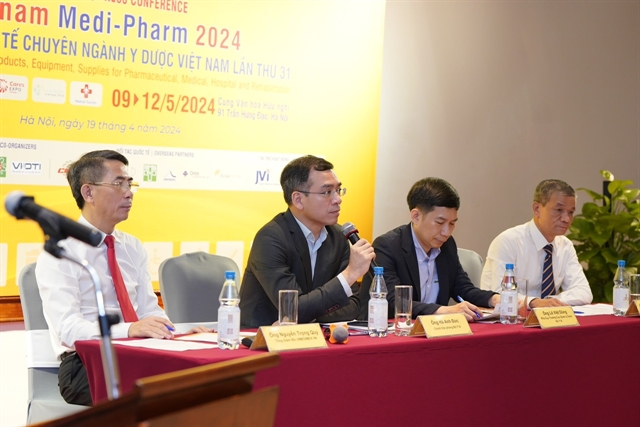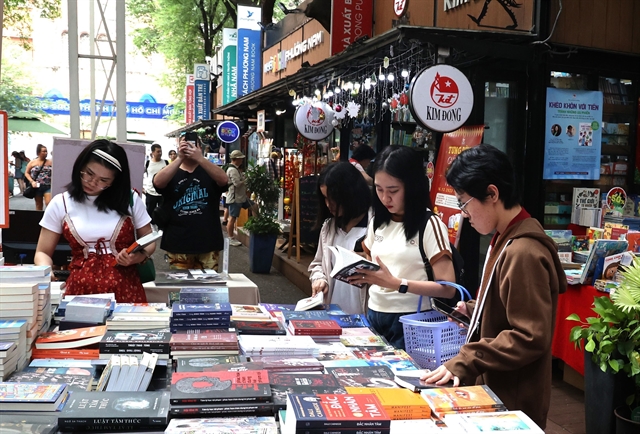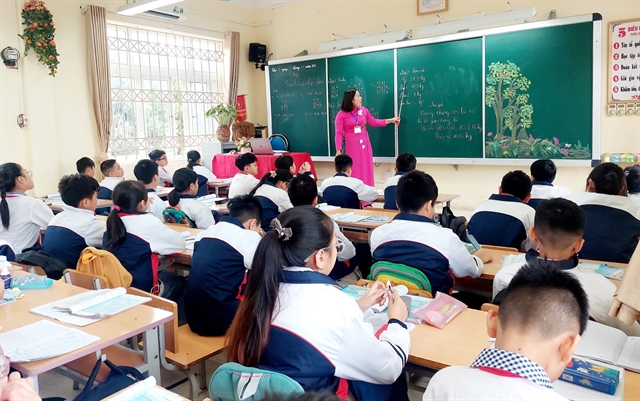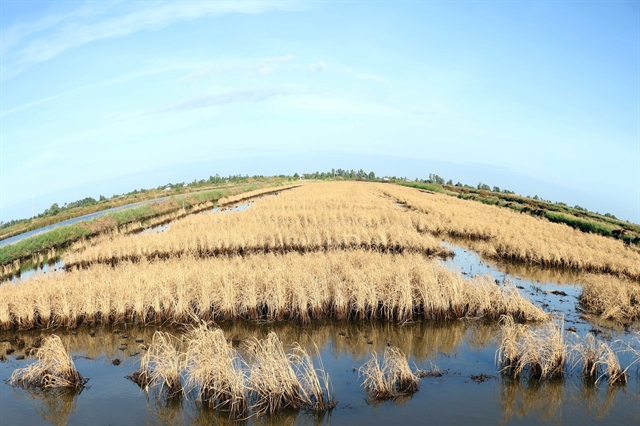 Environment
Environment
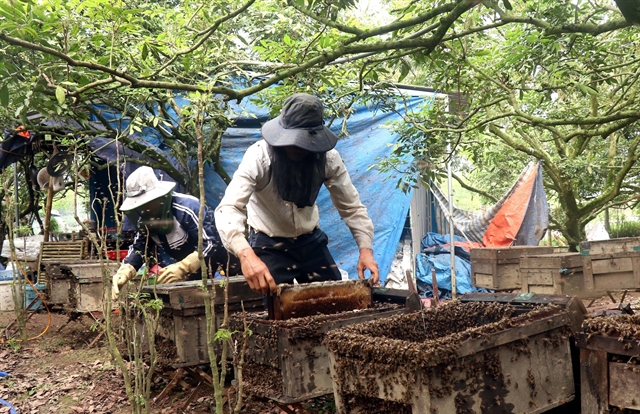
The HCM City Department of Natural Resources and Environment plans to change the way solid waste is classified at source to suit treatment technologies, its chief has said.
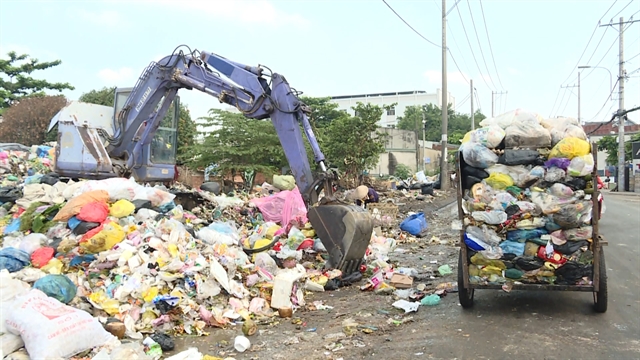
|
| A garbage dump in HCM City. — VNS Photo Ngọc Diệp |
HCM CITY — The HCM City Department of Natural Resources and Environment plans to change the way solid waste is classified at source to suit treatment technologies, its chief has said.
Speaking at a meeting held by the department last Friday to review its performance last year and make plans for this year, its director, Nguyễn Toàn Thắng, said the city’s focus with regard to urban solid waste management was on recycling and burning technologies.
Thus, instead of three categories, organic, recyclable and other wastes, rubbish just needed to be classified into two, recyclable and others, he said.
The department has submitted the proposal to the People’s Committee for approval and expects to introduce the change in the first quarter of this year.
The city has closed five landfill sites to reduce burial of solid wastes.
It has also made urban development plans at two of them, Gò Cát in Bình Tân District and Đông Thạnh in Hóc Môn District.
Around 15 developers had expressed interest in building parks or housing at the two sites, Thắng said.
Tenders would be invited from prospective developers in the first quarter, he said.
The city is also taking steps to reduce the volume of buried waste and adopt advanced waste-treatment technologies.
Late last year the construction of two waste-to-energy plants in Củ Chi District with a daily processing capacity of 2,000 tonnes, and an industrial and hazardous waste-treatment plant in Bình Chánh District with a capacity of 500 tonnes began.
Work on another solid waste-treatment plant will start this month.
The Đa Phước landfill site in Bình Chánh District will become full and is expected to be closed by 2024.
It receives more than 5,000 tonnes of rubbish a day now.
Last year a total of nearly 2.88 million tonnes of solid waste were treated. The city generates 9,500 tonnes of waste daily, including 23 tonnes of medical waste and 350-400 tonnes of hazardous waste.
The city collected environmental protection fees from 3,505 production establishments last year. The fees exceed VNĐ12.5 billion (US$540,000) per quarter.
There were more than 1,860 private garbage collectors, who were either members of environmental co-operative groups or had their own business.
The department organised a number of activities to spread the message to the public that trash should not be discarded indiscriminately.
It also installed more than 33,600 dustbins in public places.
Pollution problems
Pollution has become a serious environmental problem for the city, affecting public health.
Emissions from cars and motorcycles caught in traffic, industrial production and dust from construction sites are major causes of the worsening pollution, Thắng said.
There are a large number of old and polluting cars and motorcycles, he said.
“These vehicles are seriously polluting the environment.”
His department has worked in tandem with the Department of Transport to handle this problem, he said.
Reducing groundwater extraction and managing wastewater have become growing concerns for the department.
Last year it managed to reduce groundwater extraction by 186,000cu.m a day. — VNS

